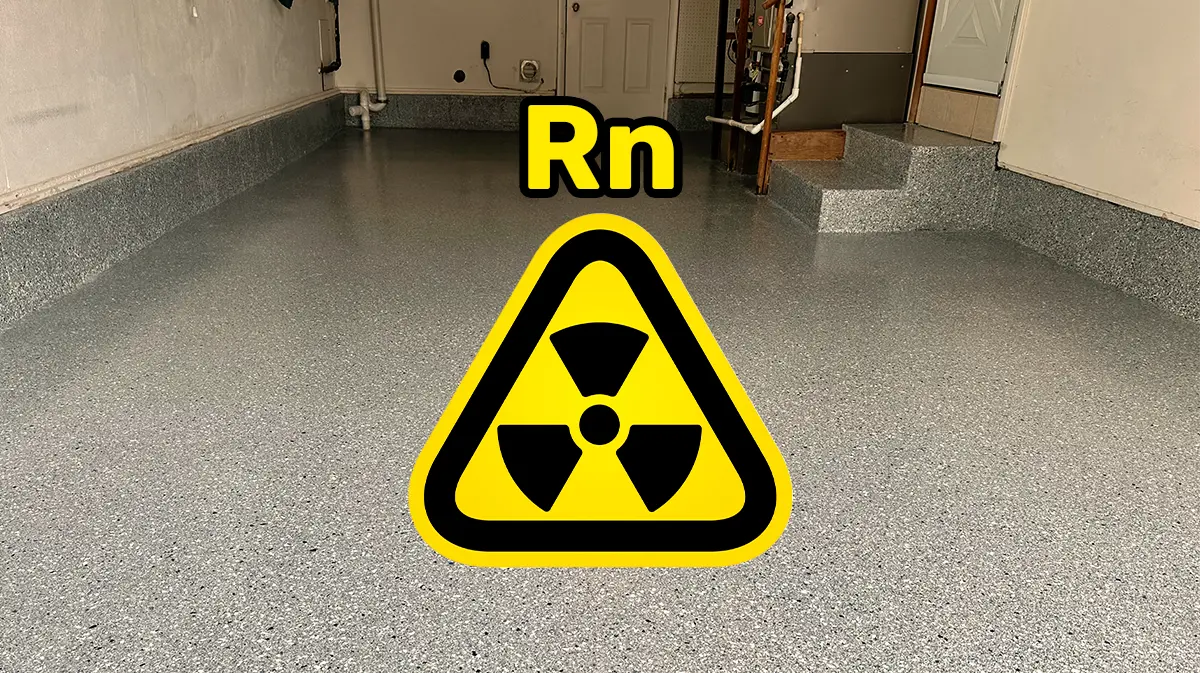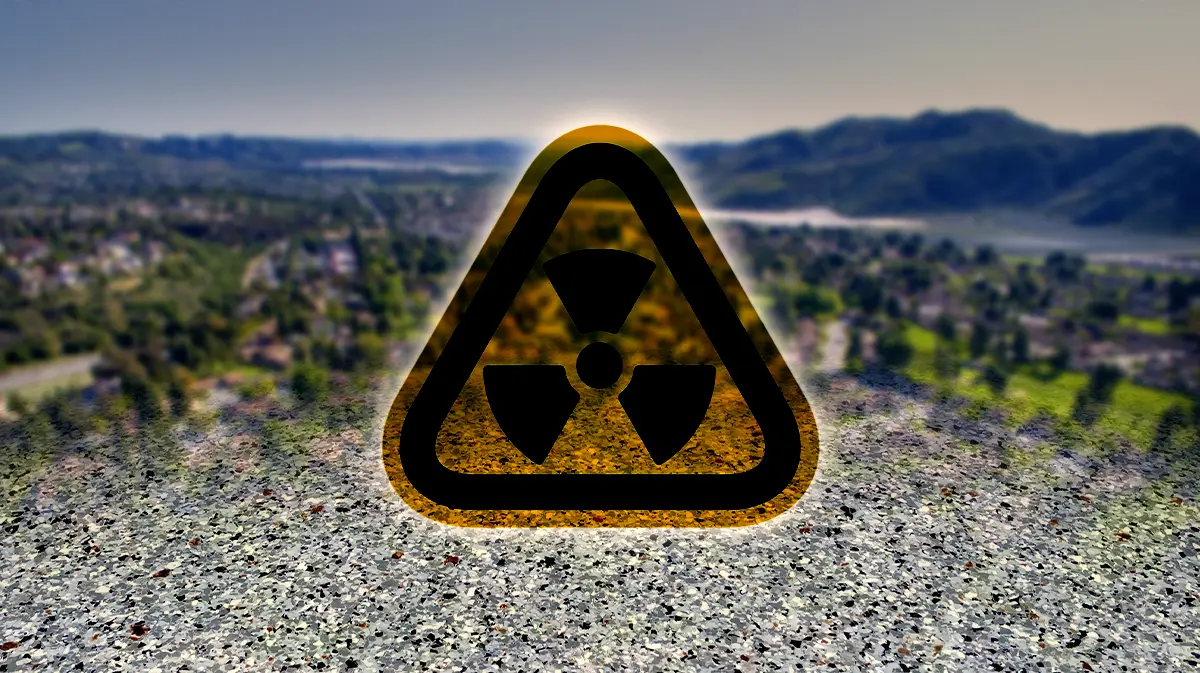Radon is a naturally occurring radioactive gas that forms from the decay of uranium in soil, rock, and water. Although it’s invisible, odorless, and tasteless, radon is a significant health risk. Prolonged exposure to elevated radon levels is the second leading cause of lung cancer in the United States (according to the Environmental Protection Agency), making it a serious concern for homeowners. This is particularly true in regions like Michigan where radon levels can be elevated. Better understanding radon and moisture issues will help you create a safer and healthier home.
Radon Levels in Michigan: A Growing Concern
Michigan’s geology, with its uranium-rich soils, makes many areas susceptible to higher radon levels. According to the Michigan Department of Environment, Great Lakes, and Energy (EGLE), testing has shown that about one in eight homes in Michigan has radon levels above the EPA action level of 4 pCi/L (picocuries per liter). Long story short: that’s enough to warrant radon testing and mitigation in a lot of homes around the state.
The “vacuum effect” in homes can significantly increase the risk of radon infiltration. This effect occurs because the lower air pressure inside a house, created by heating systems, exhaust fans, and natural ventilation, draws in outside air from the surrounding soil. As a result, radon gas and moisture vapor can be pulled through cracks and openings in the foundation, accumulating to potentially dangerous levels inside the home. Given Michigan‘s geology, this effect is particularly concerning. We’ll keep saying it: Get your home tested for radon levels!

Understanding Radon and Moisture Issues: The Moisture Issue
In addition to radon, Michigan homeowners often face issues with moisture, particularly in basements and crawl spaces. High moisture levels can lead to musty odors, mold growth, and structural damage to concrete. Moreover, moisture can exacerbate radon problems, as water vapor can carry radon gas into the home more easily, increasing indoor radon levels.
The Science Behind Epoxy Floors
Epoxy flooring provides a durable, sealed surface that offers several benefits, especially in addressing radon and moisture issues. Epoxy coatings are applied in multiple layers, creating a thick, impermeable barrier on concrete surfaces. This barrier helps prevent radon gas from seeping through the concrete slab into the home.
Additionally, epoxy floors reduce the amount of moisture that can permeate the concrete. By sealing the concrete, epoxy floors help to mitigate the damp conditions that often lead to mold growth and the musty odors associated with moisture problems.
How Epoxy Floors Mitigate Radon Risks
When applied correctly, epoxy floors can significantly reduce radon levels in a home. The seal created by the epoxy coating acts as a protective layer, blocking radon from entering the living spaces. For homes with known radon issues, epoxy flooring can be a crucial part of a broader radon mitigation strategy, which may also include venting systems and increased air circulation.
Understanding Radon and Moisture Issues: Moisture Management
Epoxy floors are highly effective in managing moisture issues. Michigan’s varying weather conditions, with cold winters and humid summers, can cause significant fluctuations in indoor humidity levels. Epoxy’s moisture-resistant properties help protect the concrete from these extremes, reducing the risk of moisture-related damage. This is particularly important in basements and other below-grade areas where moisture tends to accumulate.
Investing in Safety and Durability
For Michigan homeowners, understanding radon and moisture issues is essential for maintaining a safe and healthy living environment. Epoxy flooring offers a durable, long-lasting solution that not only enhances the aesthetic appeal of your home but also serves as a critical defense against these invisible threats.
If you’re concerned about radon or moisture in your home, get tested first. Homeowners should really be doing that across the country.
Next, consider investing in epoxy flooring as part of your mitigation strategy. Professional installation is key to ensuring that the coating is applied correctly and provides the maximum protective benefits.

